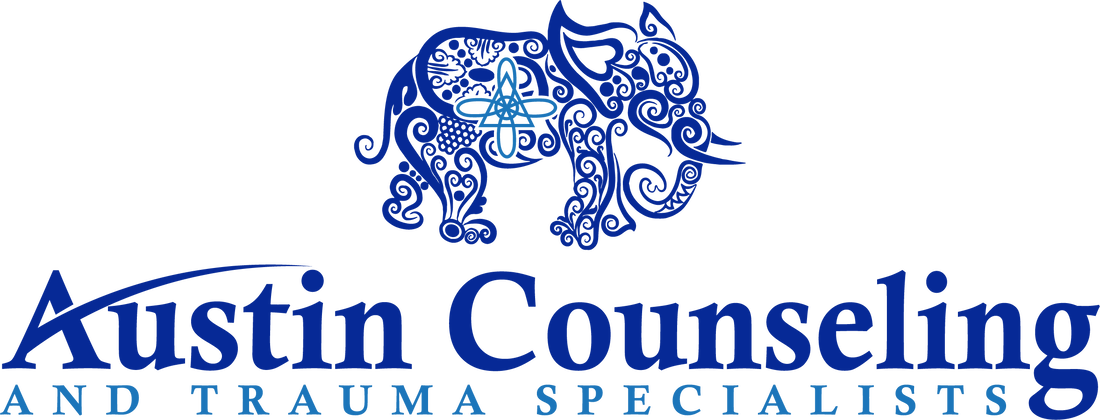PTSD Counseling Service
Post-Traumatic Stress Disorder - PTSD
PTSD
PTSD is one of the most diagnosed results of trauma. It occurs when a person has been exposed to death, experienced or threatened, has experienced actual or threatened serious injury, or actual or threatened sexual violence. The traumatic experience can be from direct exposure, witnessing the trauma or even learning that someone close to them, like a relative or close friend, was exposed to trauma. It is also possible that job duties, like those of a first responders can cause PTSD from the indirect experiences of traumatic events.
Re-experiencing the Trauma
The person diagnosed with PTSD will be reminded of the trauma through different means. Disturbing memories and nightmares are examples of re-experiencing the trauma. Flashbacks are another and these are upsetting/disturbing and will often feel like the person is reliving the trauma and will cause physical reactions like increased heart rate, sweating, or shaking. Because these are all so disturbing the person works to avoid reminders, thoughts, feelings, places, events and other things that might remind them of the trauma. For example, a war veteran might avoid a July 4th celebration due to the explosions of the fireworks. A sexual abuse or assault victim might avoid crowded places or locations similar to those where they were harmed.
Indicators/Symptoms
Negative thoughts and feelings will often worsen after the traumatic event, in the case of PTSD. Often the person may begin not being able to recall details of the
trauma. They may isolate and have feelings that are mostly negative and become unable to feel positive affect. They may begin to have only negative thoughts about self and the world, and even exaggerated blame of self or others for causing the trauma. One may also begin to experience aggression, risky or destructive behaviors, hypervigilance (exaggerated sensory sensitivity and behaviors that are intended to detect activity to protect self and others), increased startle response, and difficulty sleeping or concentrating. While someone diagnosed with PTSD may not experience all of these symptoms, they are usually long lasting and cause issues in personal and/or work life. Someone with PTSD may also have feelings of dissociation, for example, feeling like these things are not really happening to them, feeling like it is all a dream or like they or the experiences are not real.
Who Gets PTSD?
While there is no way to predict who will have PTSD, there are some risk factors like mental health, lack of social support, living in dangerous or harmful environments, childhood abuse and other traumatic experiences early in life, that can increase the risk for PTSD. However, there are also factors that can reduce the risk of PTSD like having or learning healthy coping mechanisms, having social support before and/or after a traumatic event, learning to feel good about how your body responds to trauma thereby reducing the blame some feel after trauma. Other factors like family history of trauma and genetics are also being researched for the impact of PTSD and resiliency.
Treatment
There are lots of different ways our
Cedar Park therapists treat PTSD. Psychotherapy (counseling) is one way and can be very helpful to learn ways to cope. While there are many approaches to treating PTSD in talk therapy, it would be important to assure that the therapist is well trained and experienced in PTSD and trauma treatment. Effective treatment will likely include psychoeducation about trauma and it's effects, how your body and brain are reacting, triggers, regulations techniques, dealing with shame, guilt, anger and other feelings and much more. Forms of therapy vary and include Cognitive Behavior (CBT), Dialectical Behavior (DBT) and Cognitive Processing (CPT) therapies, Prolonged Exposure therapy and many others. EMDR and Somatic Experiencing are also very effective ways to treat trauma.
Medication can also be used to treat trauma symptoms, such as antidepressants and anti-anxiety but may also include sleep medications and others too. Talk to a psychiatrist or medical doctor about what might be best for you. Medications alone do not heal the trauma but will help manage symptoms. But, medications used in conjunction with Cedar Park Therapy can bring a successful outcome of trauma treatment.
Things I Can do to Help Myself
Getting into
therapy and talking to your doctor about options can be a good start. Things you have control over are eating right, exercising some to reduce stress and sleeping well are all things that can help manage symptoms and increase the effectiveness of your coping skills that you possess. Identify things you enjoy and places and people who are relaxing and comforting to you. Talking with friends and family and being around those you love will help reduce stress and they can help you manage by letting them know where you need help, like identifying triggers and reminders of healthy coping mechanisms. You can also manage time and set priorities so that you do not take on tasks that are too large. Set realistic goals for yourself so as not to become overwhelmed.

